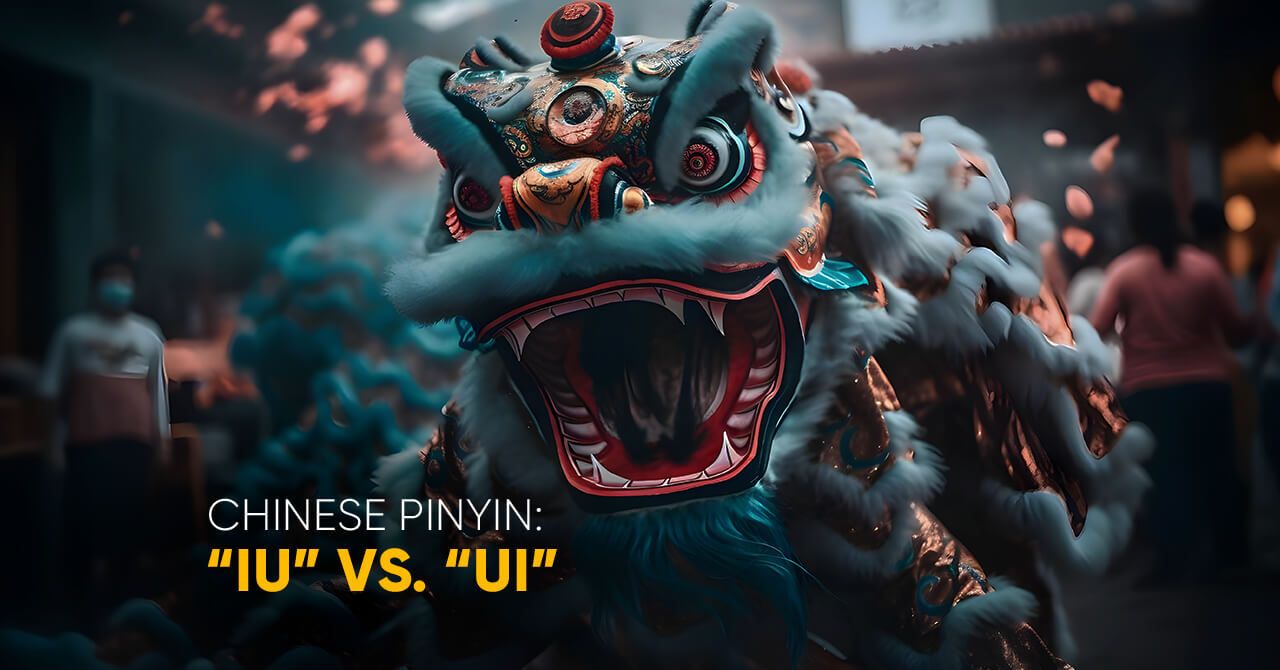
Chinese Language Learning Path: Sharing the Experience
I used to learn my very first Chinese word at the age of two.
I remember I had to finish all the number wording in a worksheet prepared by my parents every night before sleep. As all of us know, the Chinese language is the only one in this world without any round shape in it.
That’s why I spend most of my time training a beautiful handwriting word every day. But it’s worth it since everybody loves good handwriting, right?
After the age of four, what I did the most was memorize Chinese words through reading essays and dictionaries. From this action, I found that reading small stories was more interesting and the fastest way to learn difficult words. Sometimes I got my sister's Chinese textbooks and read them all in advance before she knew them.
When my parents realized this, they let me read some Taiwanese novels about learning traditional Chinese words. Traditional words seem more complicated than simple ones, but I still caught up in a very short time and was able to finish the books independently.
Culture through calligraphy
For me, learning calligraphy was the most important thing to get through the culture. I started learning calligraphy in the third grade. When my teacher announced that we could start doing our homework with the “special brush pen,” I felt excited. My father was strict in teaching me to do this; the first word I learned was the number one in Chinese. It took me half a day to do it!
You have to learn the right way to hold the pen with both fingers and write it with the strength of your wrist. I was a person with high self-expectation too, which I wished to score A in my every calligraphy worksheet, and I won a trophy at the Chinese New Year concert too!
Why do we need to learn Chinese?
As a native Chinese, I have the responsibility to pass on this culture to the next generation.
This is my mother tongue; I should handle it better than other races. Furthermore, the Chinese language has become more popular all over the world. The improvement of China in every sector shows that this language will be another top language to communicate.
Is the Chinese language difficult to learn?
Well, I think it was. Especially idioms and ancient Chinese. Aside from learning structure and different pronunciations, one word can be used in many different scenes. It isn’t the same as English grammar. Chinese don’t obey the rules, and you need to catch up on the meaning by yourself. Plus, we do have different dialects like Hokkien, Cantonese, and Hakka to be used in different people’s conversations.
Although I have had formal education in it for about 13 years and have been communicating for my whole life, I have to keep on learning new meanings and new words today.
For me, the highest achievement in learning a language is to create a poem or a song. I like this, and when you really catch up with the pronunciation or meaning, you have fun with your friends through some little jokes.
A native Chinese girl born in Malaysia. I love reading, photo shooting, and jewelry making. I am interested in many areas, such as language, fun lifestyle, soul healing, and many more.

